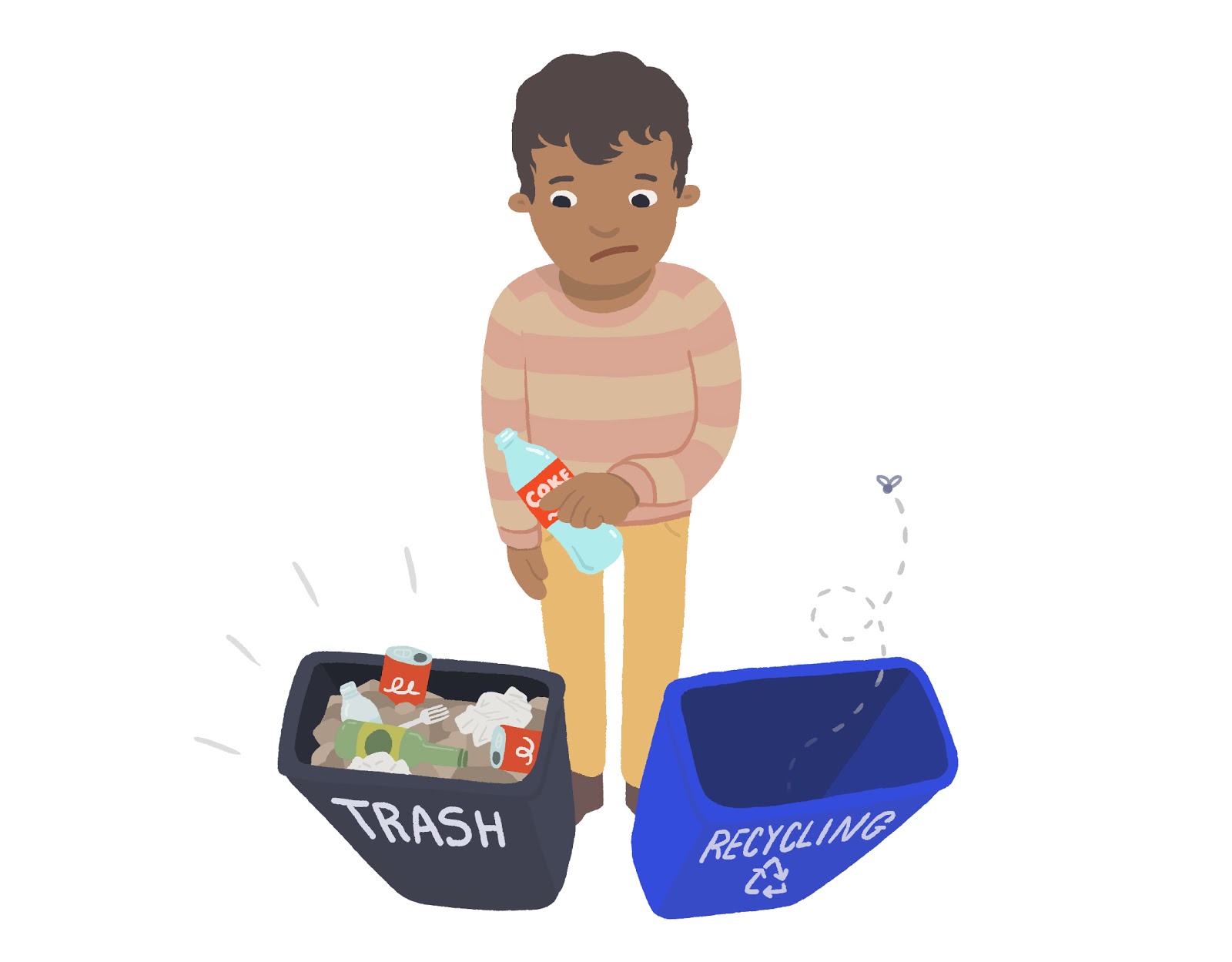Predicting Game: Global Health Part 4
How can we increase health savings? The answer may surprise you. It’s time for the final installment of the global health predicting game.
Last month, we asked you to predict which of three SMS reminders led to the greatest savings on the M-Tiba* health saving wallet. Our Global Health and Development team supported a test conducted by our partners, the Joep Lange Institute and PharmAccess Foundation.
Three messages were sent to M-Tiba users every Saturday during December 2017:
Control: Remember to save as little as 10/- today!
Social Proof: Remember to save as little as 10/- today. Every Saturday, thousands of M-PESA users save in M-TIBA.
Voucher: Remember to save as little as 10/- today to get a voucher of 500/-. Extra bonus for Savings on Saturdays this month.
We asked you, dear readers, to guess which message led the greatest proportion of M-Tiba users to save. Only 7% of you correctly guessed that the short control message without social proof or voucher was actually the most effective in prompting M-Tiba users to save! 10.35% of those who received a simple reminder to “save as little as 10/-“ deposited at least once in M-Tiba, while just 5% who received the Voucher message and 4.15% who received the Social Proof message did so.
We predicted that the social proof message would lead to greater savings than the control message, because people tend to follow the behavior of their peers. Once we see a multitude of other people behaving in a certain way, we may conclude that the way they are acting is likely the “right” way. So, if people perceive that their peers are saving in M-Tiba on Saturdays, they should follow suit.

We also predicted that the voucher message would lead people to save, because it provides a compelling financial incentive to do so. If your goal is to maximize the amount of money in your health savings account, why wouldn’t you deposit in M-Tiba if more money would be deposited in your account as a result?
Although previous data indicated that people tend to deposit into M-Tiba on Saturdays, it is possible that some users perceived the Saturday “Savings Day” promotions as irrelevant or even restricting if they were not planning to save on Saturdays. Users may have gotten the wrong impression that they should only save on Saturdays. Thus, they might have refrained from saving on other days, even if it would have been more convenient for them.
In addition, the shorter control message is easier for people to quickly read and understand compared to the more complicated promotions included in the voucher and savings. There is also a potential danger of a longer message triggering “overthinking” about the decision of saving. Based on these findings, M-Tiba plans to keep sending the short winning message of “Remember to save as little as 10/- today!”
This example also illustrates why it’s important to test interventions before they are widely implemented. Even behavioral scientists sometimes incorrectly predict how people will behave! The conditions we intuitively think will lead to the greatest health savings are not always the most effective.
Congratulations to Sally, the lucky winner of our last predicting game prize! An ebook copy of Dollars and Sense has been sent to you via email.
This concludes the Global Health predicting game series. We thank you for your participation! Just because the predicting games are over doesn’t mean you’ll stop hearing from us! Stay tuned to read more behavioral insights from the Global Health team.
* M-Tiba is digital health platform that includes a wallet on a mobile phone containing specified entitlements for healthcare. Users can use this wallet to save (for their family’s health), get insurance, receive money from more affluent relatives elsewhere in the country, from donors, and even from individuals in other countries willing to donate directly for health (remittances).



